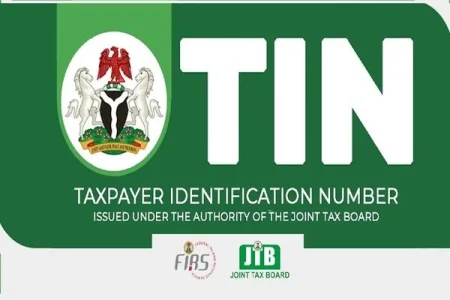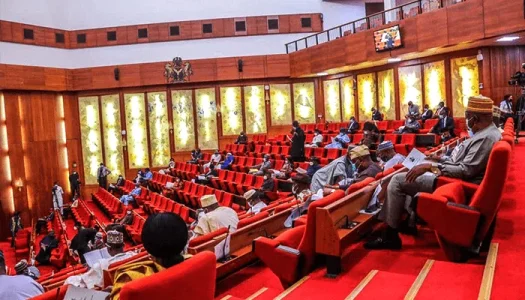
The Nigerian government has proposed a bill mandating tax identification numbers (TIN) for opening or operating bank accounts. Aimed at improving tax compliance and revenue collection, the bill stipulates penalties for non-compliance.
The federal government of Nigeria has introduced a new bill aimed at transforming the financial services sector by requiring individuals to provide a tax identification number (TIN) to open or operate bank accounts. This bill, titled “A Bill for an Act to Provide for the Assessment, Collection of, and Accounting for Revenue Accruing to the Federation,” was submitted to the National Assembly on October 4.
The bill's primary goal is to enhance tax compliance and improve revenue collection nationwide. It states that anyone involved in banking, insurance, stockbroking, or other financial services must present a tax ID before engaging in any account activities. Furthermore, non-residents supplying taxable goods or services in Nigeria are also mandated to register for tax purposes and obtain a tax ID.
While non-resident individuals earning only passive income from investments in Nigeria are exempt from registration, they must still provide the relevant information as directed by tax authorities. The bill empowers tax authorities to automatically register individuals who fail to apply for a tax ID and mandates notification of this registration.
Failure to comply with the tax ID requirements will result in administrative penalties, starting with a fine of ₦50,000 for the first month of non-compliance and ₦25,000 for each subsequent month. The bill aims to ensure a more structured approach to tax collection and accountability in Nigeria's financial landscape.
However, reactions from Nigerians have been mixed, with many expressing frustration over the government's increasing tax measures, arguing that it places an additional burden on citizens already grappling with economic challenges. Critics also voiced concerns about the effectiveness of such policies, questioning whether they would genuinely improve tax compliance or simply lead to more hardship for the populace.




